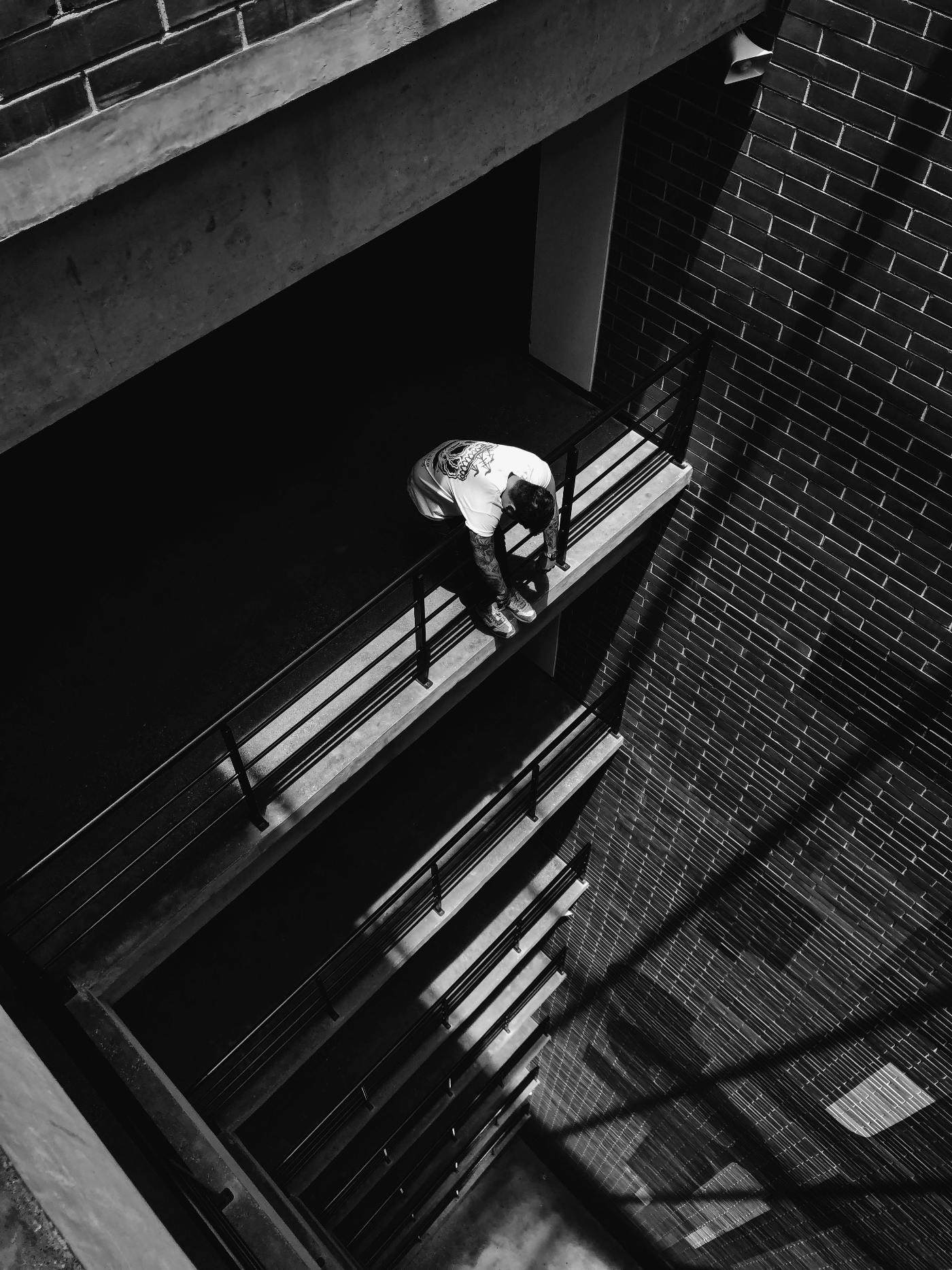
The pandemic has caused us to adjust, change and adapt and some of this has been good. Working from home in our pj’s with a pile of Nutter Butters within reach any time of day is not a bad perk. Neither is having the constant presence of a furry friend. There’s flexibility, a new focus on work-life balance, and more.
The pandemic has caused us to adjust, change and adapt and some of this has been good. Working from home in our pj’s with a pile of Nutter Butters within reach any time of day is not a bad perk. Neither is having the constant presence of a furry friend. There’s flexibility, a new focus on work-life balance, and more.
Despite the good stuff, there are downsides as well. Working where you eat, sleep, and recreate with no tangible separation is causing a rise in burnout and depression.
The tricky part is that burnout and depression share some similar symptoms. Butt hey are not the same, and treating them is not the same either.
Although it can be hard to differentiate between the two, it’s essential that you do, as treating them improperly can lead to further mental problems. We’ll look at the two, figure out how to spot the symptoms and make a clear diagnosis, and then offer some helpful tips to manage both burnout and depression caused by the new work situation.
What is Burnout
Burnout was sort of common for American workers pre-pandemic but now reported cases of burnout have reached 76% of workers.
One easy way to determine if you’re experiencing burnout rather than depression is to remove the source of stress. So, if you feel stressed at work but relaxed on the weekends, you’re experiencing burnout.
However, burnout is not always related to work or professional responsibilities. With the pandemic and the rise of quarantining, burnout can be connected to family issues, relationship troubles, lack of control over your environment or life, overexerting your energy reserves, or even feeling constant stress.
Symptoms of burnout include:
- Exhaustion
- Reduced positivity
- A loss of identity
- Cynicism
What can you do about it?

If you feel any of these symptoms and have identified that you’re experiencing burnout and not depression, removing the stressor or making a clear plan for how best to deal with your stress is the first step.
If you find the symptoms persist, check with your primary care physician and work out a plan with them.
Communicating your situation with family, friends, coworkers, and employers is essential, as burnout can affect job performance, and speaking to your superiors can avoid them getting the wrong idea about you. Especially now in an atmosphere where we’re seeing more people quiet quitting. You want your boss to know what you’re going through, and maybe they can help you work through it.
But, communicating your feelings is actually a great way to deal with burnout. Finding like-minded people experiencing what you are could lead to finding ways out or helping others; both will be very beneficial when dealing with burnout.
Now, Depression
Depression is a serious medical issue and needs to be taken seriously and given proper attention. When you are depressed, you lose interest in the things you once loved; you can grow to hate your work, your life, and all that’s in it. If the situation is not treated, it can lead to suicidal ideation.
There are many stats about depression, its causes, and how to deal with it. However, mental illness is not given the attention and funding it needs, especially in the United States. Some people who have never experienced depression think it is just being sad and cannot understand why depressed people don't just snap out of it. This kind of thinking is damaging not only to the person who is depressed but to the entire mental health field.
Another stigma that people with depression deal with is others thinking they are seeking attention. Believe me, no person who suffers from depression wants to feel the way they do. If they could just snap out of it, there is no question; they would.
Depression affects 67% of adults annually, and 16.6% of people will experience depression at some point in their lives. This temporary depression usually strikes in the late teens and mid-20s.
However, some people deal with chronic depression, which doesn't pass and is part of their lives. Getting medical attention, using pharmaceuticals, and therapy are all good ways to combat and control depression.
Some symptoms of depression are:
- Loss of appetite
- Trouble sleeping
- Fatigue
- The feeling of being worthless
- Suicidal thoughts
According to the American Psychiatric Association, to qualify as depression, these symptoms have to last two weeks or longer.
What to do about it
First of all, if you’re experiencing symptoms of depression, do not ignore them; they will not just pass or work themselves up. Untreated depression can grow and fester until it becomes a serious problem that will need serious attention.
Talk to a mental health care professional and get into a course of therapy and medication if that’s what is needed. Take it seriously before it takes over your life.
Depression can be a physical issue as well body aches, lack of sleep, or motivation are symptoms. Doing some physical exercise is an excellent way to keep depression in check. Sounds easy, but when the whole body aches and you’re exhausted, it can feel impossible to muster the energy to do anything.
That’s why it is essential to address depression as soon as you feel the symptoms. You cannot do it alone, and there is absolutely no shame in asking for help.
The Difference

Here is where things get tricky. The symptoms of depression and burnout can overlap, and distinguishing between the two, especially if you've never experienced either before, can be tough to navigate. Time is the key to figuring out what is troubling you, burnout or depression.
The symptoms of burnout are temporary and usually dissipate when you address the issue or cause. Still, if you’re feeling burned out, you must do something about it. Left untreated, burnout can lead to heart disease, obesity, high cholesterol, and type two diabetes; if unchecked, it can turn into depression.
Now depression symptoms will last longer and interfere with your daily life. Depression is longer term, and if not diagnosed and treated, it can lead to feelings of emptiness, low self-esteem, loss of appetites, and suicidal thoughts. If you’re feeling any of these, please contact a mental health specialist immediately. No, depression won’t just work itself out.
It’s Not Weakness
There are several false perceptions swirling around both burnout and depression. Neither one is a sign of weakness.
The pandemic did more damage to us as a society and personally than people care to admit or are even cognizant of. Being quarantined, some alone, was harsh. Wearing a mask makes us feel that we will never be on the other side of this. And, changes in our everyday operations, such as how and where we work, are all causing us undue stress, and it’s taking a toll.
In these odd and changing times, it’s crucial that you take care of yourself. Talk about what’s bothering you and how you’re feeling with friends and co-workers. Talk about it.
Talking is helpful and healing. It also lets you see that you’re not alone, and in these times, not being alone is a great thing.
Pay attention, talk to people, and do not be afraid to get help. We are all undergoing serious adjustments, but that doesn't mean we must go through them alone.

